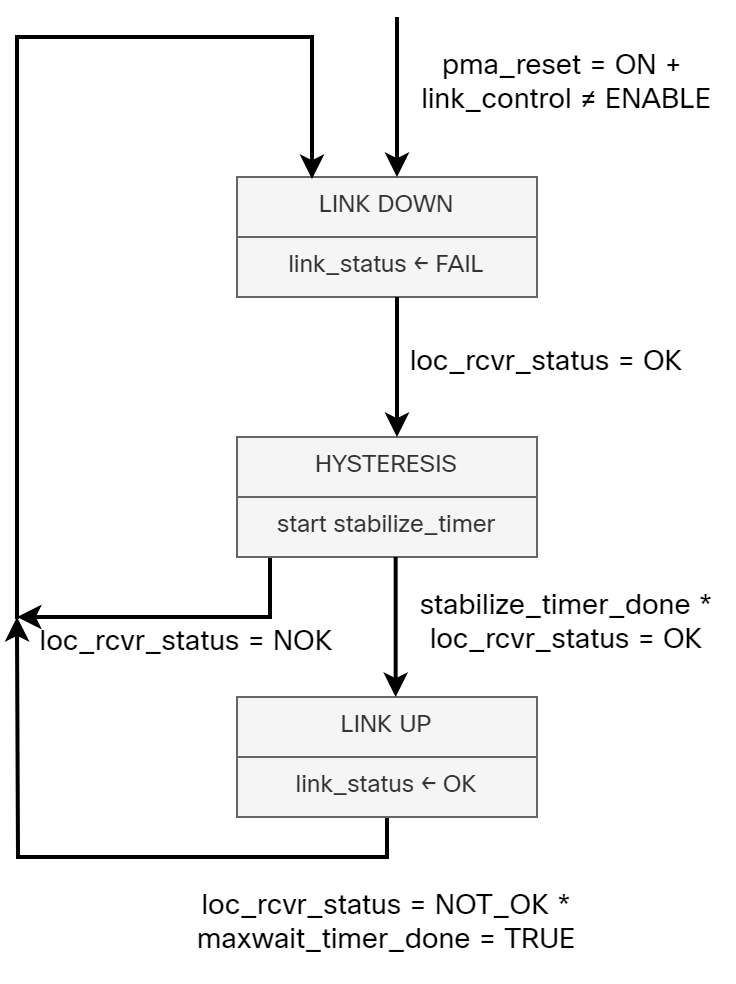Public Videos: Kubernetes Ingress

All the Kubernetes Ingress videos from the Kubernetes Networking Deep Dive webinar with Stuart Charlton are now public. Enjoy!

All the Kubernetes Ingress videos from the Kubernetes Networking Deep Dive webinar with Stuart Charlton are now public. Enjoy!
A lot of people are spending time thinking about how to make transport and control plane protocols more energy efficient. Is this effort worth it? What amount of power are we really like to save, and what downside potential is there in changing protocols to save energy? George Michaelson joins us from Australia to discuss energy awareness in protocols.
SPONSORED POST: Generative AI is the subject of significant interest from enterprises busy looking to use it to help them improve business processes and build innovative new applications and services which can attract new customers and grow revenue. …
Looking To Adopt Generative AI Within Your Organization? was written by Timothy Prickett Morgan at The Next Platform.
I decided not to get involved in the EVPN-versus-LISP debates anymore; I’d written everything I had to say about LISP. However, I still get annoyed when experienced networking engineers fall for marketing gimmicks disguised as technical arguments. Here’s a recent one:

I decided not to get involved in the EVPN-versus-LISP debates anymore; I’d written everything I had to say about LISP. However, I still get annoyed when experienced networking engineers fall for marketing gimmicks disguised as technical arguments. Here’s a recent one:

If you control your code base and you have only a handful of applications that run at massive scale – what some have called hyperscale – then you, too, can win the Chip Jackpot like Meta Platforms and a few dozen companies and governments in the world have. …
With MTIA v2 Chip, Meta Can Do AI Inference, But Not Training was written by Timothy Prickett Morgan at The Next Platform.
The steady rise of AI over the past several years – and the accelerated growth with the introduction generative AI since OpenAI’s launch of ChatGPT in November 2022 – has shifted Intel’s status as a challenger in a chip market that it long had dominated. …
Gelsinger: With Gaudi 3 and Xeon 6, AI Workloads Will Come Our Way was written by Jeffrey Burt at The Next Platform.
At this stage of the build internally there is only really the bedroom, snags and trims (windows, ceiling edges and doors) left to do. I am currently in Australia having a bit of RnR so this is a reflective post to show the build at its present state and go through the things I have learnt along the way. I could plan all I like but as I haven’t lived on a boat before there was always going to be a few wrong design decisions.
Dmitry Perets wrote an excellent description of how typical firewall cluster solutions implement control-plane high availability, in particular, the routing protocol Graceful Restart feature (slightly edited):
Most of the HA clustering solutions for stateful firewalls that I know implement a single-brain model, where the entire cluster is seen by the outside network as a single node. The node that is currently primary runs the control plane (hence, I call it single-brain). Sessions and the forwarding plane are synchronized between the nodes.
Dmitry Perets wrote an excellent description of how typical firewall cluster solutions implement control-plane high availability, in particular, the routing protocol Graceful Restart feature (slightly edited):
Most of the HA clustering solutions for stateful firewalls that I know implement a single-brain model, where the entire cluster is seen by the outside network as a single node. The node that is currently primary runs the control plane (hence, I call it single-brain). Sessions and the forwarding plane are synchronized between the nodes.
In the previous three parts, we learned about all the interesting things that go on in the PHY with scrambling, descrambling, synchronization, auto negotiation, FEC encoding, and so on. This is all essential knowledge that we need to have to understand how the PHY can detect that a link has gone down, or is performing so badly that it doesn’t make sense to keep the link up.
The function in 1000BASE-T that is responsible for monitoring the status of the link is called link monitor and is defined in 40.4.2.5. The standard does not define much on what goes on in link monitor, though. Below is an excerpt from the standard:
Link Monitor determines the status of the underlying receive channel and communicates it via the variable
link_status. Failure of the underlying receive channel typically causes the PMA’s clients to suspend normal
operation.
The Link Monitor function shall comply with the state diagram of Figure 40–17.
The state diagram (redrawn by me) is shown below:

While 1000BASE-T leaves what the PHY monitors in link monitor to the implementer, there are still some interesting variables and timers that you should be Continue reading